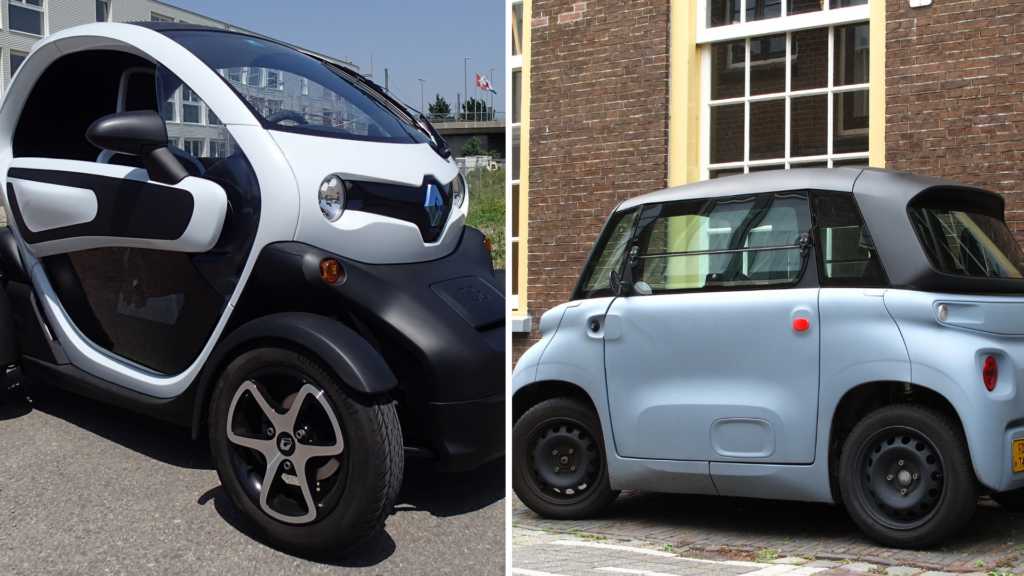A new study by Vias reveals that occupants of “voiturettes”, or “licence-free cars”, are six times more likely to be seriously injured than those in conventional vehicles.
The Belgian road safety institute wants these cars to be more recognisable and their users better informed. Despite their name, “licence-free cars” do require a moped licence, except for drivers born before 14 February 1961. About 13,000 of these cars are on Belgian roads.
The study notes that the rarity of voiturettes contributes to fewer accidents, between 60 and 80 annually, but these incidents are often more severe. Per kilometre travelled, the risk of being seriously injured in a voiturette is six times higher.
The increased severity is due to the significant weight difference; voiturettes are limited to 425 kg, whereas traditional cars average over 1,400 kg. They also lack common safety features like airbags and ABS, leaving occupants less protected, particularly during head-on collisions.
To enhance safety, Vias recommends several measures for public authorities. These include mandatory distinctive rear signs, similar to regulations in the Netherlands and Germany, regular technical inspections, basic safety equipment, and higher awareness among users.
Notably, the rate of not wearing seat belts among voiturette occupants involved in accidents is four times higher than in traditional cars. Additionally, over 10% of voiturette drivers were found to be driving under the influence of alcohol, compared to 7.5% of conventional car drivers.

